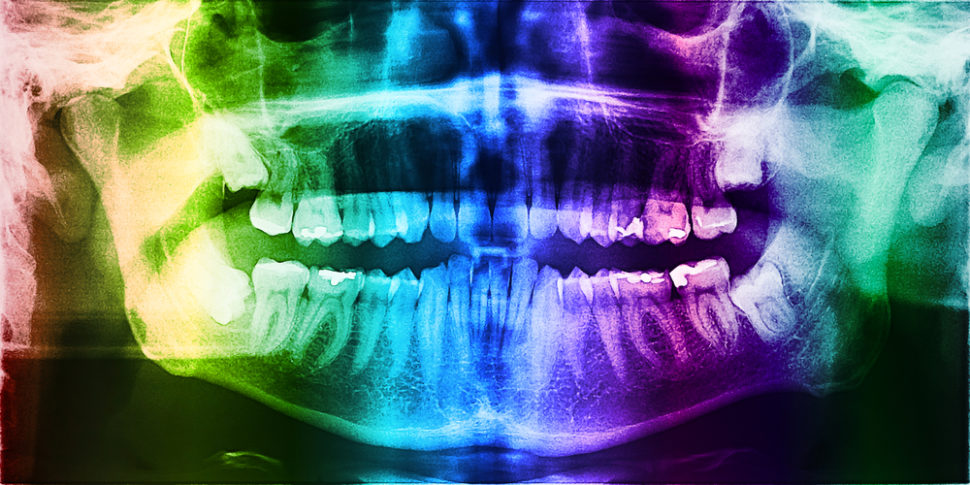New research shows that poor oral health is believed to be a risk factor in Alzheimer’s disease. But, scientists are just not sure how the gum disease bacteria fits into the whole equation. Let’s start at the beginning.
It began with Cortexyme Inc. teaming up with a couple of labs in the United States, Europe, Australia, and New Zealand. Their goal was simple; to prove that a gum disease-causing bacteria played a role in Alzheimer’s disease. So, they started testing brains and spinal fluids of deceased and diagnosed patients.
The result confirmed their beliefs. Not only did they discover P.Gingivitis in the brain of deceased Alzheimer’s people, but they also noticed the microbe in living patient’s spinal fluids.
Out of over 50 Alzheimer’s brain samples tested, more than 90 percent had the toxic enzyme that’s produced by a bacteria called gingipains. Furthermore, the scientist noticed that Alzheimer’s-linked proteins tau and ubiquitin are more present in brains with more gingipains. In other words, the more gingipains present, the higher the tau and ubiquitin.
There was just one thing to left to do; the scientists had to confirm the link between gingipains and Alzheimer’s. And that’s what the experiment did.
How the Scientists Linked Gingipains with Alzheimer’s
To explore the bacteria’s link to the disease, the researcher’s had to infect some healthy mice first. They swabbed the rodent’s gum with P. Gingivitis every other day for six weeks to establish the infection. So, what was the result?
The experiment revealed that P. Gingivitis could travel from the mouth to the brain. Also, the researchers noticed that gingipains destroy brain neurons. Finally, P.Gingivitis also boosts a component of brain plagues called Amyloid Beta, which has been associated with Alzheimer’s in the past.
According to Stephen Dominy, co-founder of Cortexyme, The study proves that P. Gingivitis causes Alzheimer’s.
Read More: No More Fake Teeth: Dentists Regrow Teeth in Labs
A Possible Cure for Alzheimer’s?
Upon further testing, the scientists discovered that drugs that bind Gingipains cleared the bacteria. Even better, it reduces the Amyloid Beta production, and as a result, brain degeneration too.
“in initial tests with human volunteers, a similar drug seemed safe and showed signs of improving cognition in nine participants with Alzheimer’s,” said Dominy.
Since about 50 percent of the United States adult population have gum disease, does it mean half of the country will develop Alzheimer’s?
We hope not. Still, this new research shows that maintaining healthy gums could be the easiest way of helping your brain in old age.












Great article!